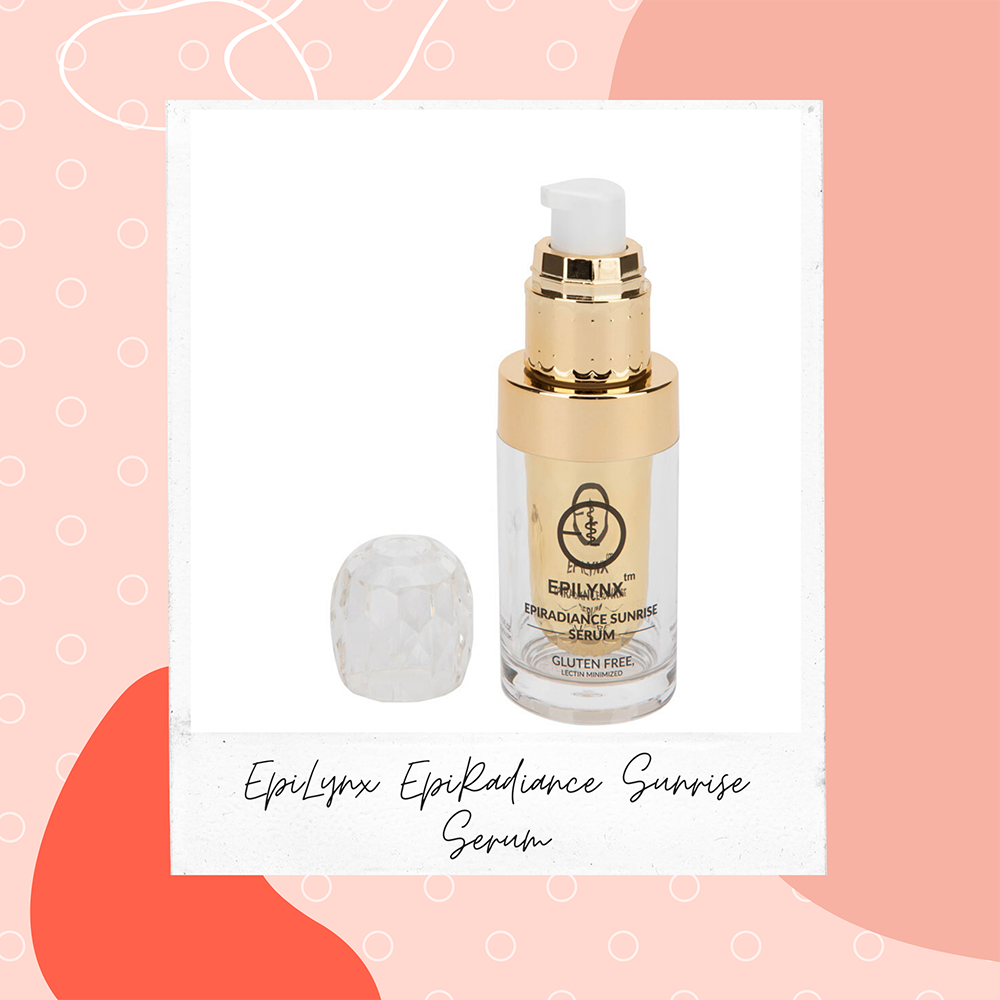Health Crisis:
We are in the midst of an inadvertent public health crisis that needs attention. We all now live with the risk of COVID-19. One aspect of keeping ourselves safe is the ubiquitous use of hand sanitizers. The bottles and dispensers are in our homes, cars, purses, backpacks, briefcases, pockets, stores and other places we frequently visit. Without a thought, we dispense them into our hands and rub them in. As such, we expect that the products we use are safe and effective.
Unfortunately, this has turned out not to be the case with many hand sanitizers currently in the market. While this is a global problem, I will focus on the United States. Recently, the United States Food and Drug Administration (FDA) has released warnings and import bans on over 75 brands of hand sanitizers. The warning list keeps growing every day:
We have a strong health regulatory system for products in the medical field. On the consumer health side, it is different and only when the complaints from consumers start overwhelming the system do we wake up and notice. We need to be on alert now!
Safety is of utmost importance:
Many hand sanitizers that contain ethanol (also known as ethyl alcohol) as the active antimicrobial agent to kill viruses and bacteria also have been contaminated with methanol (also known as wood alcohol) . Unfortunately, methanol is a highly toxic chemical which can result in both skin irritation and in extreme cases blindness, hospitalizations and even death.
I, a physician and scientist, and Liia, a pharmacist and scientist have over thirty years of pharmaceutical and medical device experience between us co-founded a skincare and cosmetics company two years ago. In the early days of the pandemic, we noted the dire need for hand sanitizers so we started making them at cost to us as we had the skilled personnel and equipment in our manufacturing facility in Illinois. We carefully select our suppliers so decided to stay away from ethanol suppliers given the large explosion of need for ethanol in the market and that these suppliers would not provide their Certificate of Analysis (CoA) – the chemistry document or label that lets us know exactly what is in the ingredient. We opted for high-quality supply of an alternate alcohol (Isopropyl alcohol) from well-established suppliers and who would provide a CoA. While our ingredients are more expensive, we felt that this was the best choice given our healthcare and medical approach.
Recently, we have gotten many inquiries about our hand sanitizers, what they contain and where they are made. While we have responded to our customers’ inquiries, we wanted to share our experience and our approach with your reader given that this methanol problem persists without general awareness of the risks. It is also unlikely that all the hand sanitizers that have methanol contamination will all be pulled from the market immediately.
Dr. Liia Hand Sanitizers:
We believe in the safety, effectiveness and quality of our products first and foremost. Our customers come first. The best way that consumers can make the right choices is by being informed of the products they are using. We hope that this FDA alert and you publication of this letter will help inform your readers about this risk as we all continue to use hand sanitizers multiple times a day.






Leave a comment
This site is protected by hCaptcha and the hCaptcha Privacy Policy and Terms of Service apply.